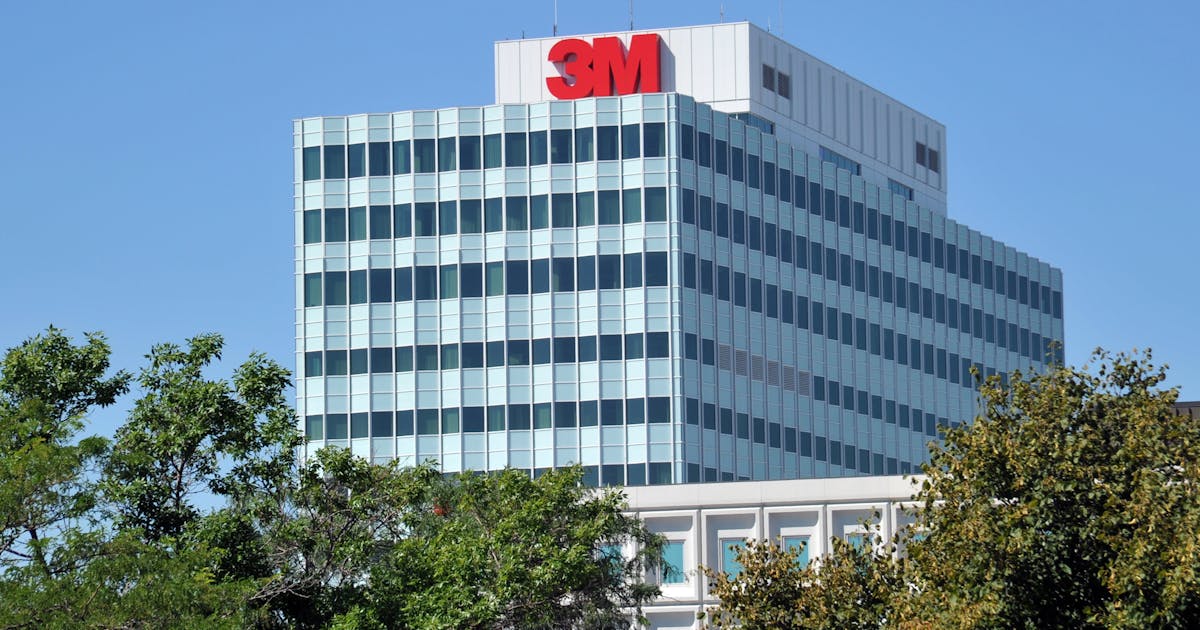Read More:
China Stocks Caught in a Downward Spiral
China’s stock market experienced a sharp decline this week, leaving investors concerned about the nation’s economic stability. The downward spiral is a result of various factors, including a looming debt crisis, regulatory crackdowns, and rising inflation. As a result, investors are grappling with uncertainty, leading to a significant sell-off in China’s stock market.
Looming Debt Crisis Raises Concerns
One of the primary reasons behind the decline in China’s stock market is the country’s growing debt crisis. China has witnessed a substantial increase in corporate and household debt in recent years, reaching alarming levels. This debt burden has raised concerns among investors, triggering a lack of confidence in the stability of the Chinese economy.
Furthermore, the potential default of China Evergrande Group, one of the nation’s largest property developers, has exacerbated fears of a debt crisis. The company’s financial struggles have sparked anxiety over the broader impact on the Chinese financial system and its potential ripple effects on the stock market.
Regulatory Crackdowns Add to Uncertainty
China’s regulatory crackdowns on several industries have further contributed to the downward spiral in the stock market. The government’s intensified scrutiny of sectors like technology, education, and gaming has rattled investors. As authorities tighten regulations and implement restrictions, investors fear a dampened business environment, leading to reduced profitability for companies operating in these sectors.
The recent regulatory actions against tech giants, such as Alibaba and Tencent, have sent shockwaves through the market. Investors worry about the implications of increased government intervention and a potential slowdown in innovation, which may hinder the growth prospects of these influential companies.
Rising Inflation Weighs on Investor Sentiment
Another factor casting a shadow over China’s stock market is the rise in inflation. As the economy reopens and demand picks up, inflationary pressures have become more pronounced. Surging commodity prices, particularly in sectors like energy and raw materials, have contributed to rising production costs for businesses.
Investors are concerned that high inflation may prompt central banks to adopt tighter monetary policies, including increasing interest rates. Such measures could potentially dampen economic growth and negatively impact stock market performance.
Investors Navigate Uncertain Waters
Given the current circumstances, investors in China’s stock market are facing challenging decisions. The combination of a looming debt crisis, regulatory crackdowns, and rising inflation has created a volatile environment. As a result, investors are cautious and adopting a wait-and-see approach, closely monitoring developments before making any significant investment decisions.
It remains to be seen how China’s government will address the various challenges and restore investor confidence. Market participants are eagerly anticipating government policies and interventions that may provide stability and reassurance to the stock market.
Conclusion
China’s stock market finds itself in a downward spiral as investors grapple with a myriad of concerns. The looming debt crisis, regulatory crackdowns, and rising inflation have created a challenging environment for investors, leading to a significant sell-off. As investors navigate uncertain waters, they will closely monitor government actions to gauge future prospects for China’s stock market.

Read More:
- Sweeping public safety bill in D.C. aims to increase security, undoing past changes
- Get Ready for Enchanting Adventures in Season 4 with Witch Doctor
- Talk therapy shown to be effective in addressing psychological factors contributing to back pain
- Microsoft eliminates Android app integration on Windows 11
- Seven Years Later: Racing Game Enjoys Explosive Success on Steam Thanks to Epic Sale











+ There are no comments
Add yours